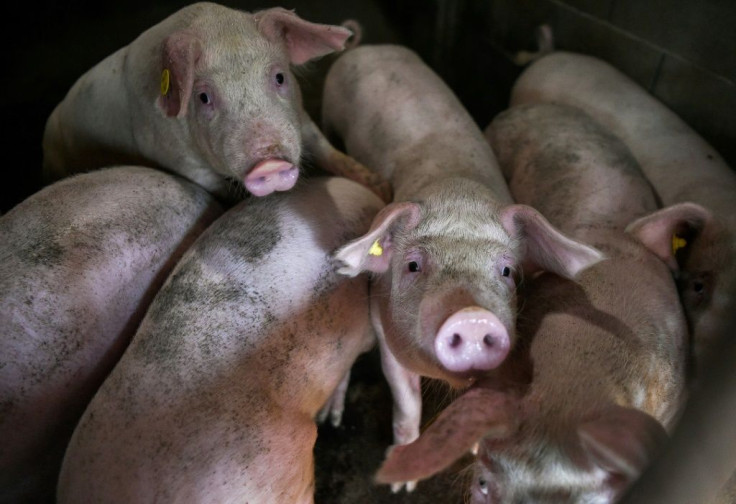Philippine Government Blames Hog Traders For The Increased Cases Of Swine Fever

As swine fever spreads in different areas of the Philippines, the Department of Agriculture threatened to file a case against hog traders who continue to skirt animal quarantine processes. Some traders have blatantly ignored the failsafe the government established to downsize the spread of the viral disease to other unaffected areas.
As per the latest statement of Agriculture Secretary William Dar, the blame falls on the hog traders that still kept on transporting infected pigs, invariably hastening the spread of the deadly hog disease.
There were new, confirmed cases of swine fever. It was found right in the country’s capital, Quezon City, where a backyard hog-raising business had pigs that were positive of the disease. With the disease being incurable, it has gravely affected the hog industry, not only of the Philippines but also in Southeast Asia. Other countries that were hit by the African swine fever include Myanmar and Vietnam.
As per ABS-CBN’s report, officials of the DA suspected that the virus reached local farms through swill, or food, that came from restaurants and hotels, which contained mixes of imported contaminated pork. It eventually spread out and infected other pigs.
With an estimated 12.7 million heads of pigs, the Philippines, is considered as the 10th largest consumer of pork in the world. It declared its first swine fever outbreak on Sept. 9. Local hog raisers took the necessary actions to protect their herd. They banned pork entry coming from identified affected areas, including those coming from Metro Manila.
The national government advised that checkpoints must be strengthened so as to prevent the entry of infected pigs and safeguard local herds.
Some provinces have resorted to culling to prevent the fast spreading of the virus. So far, 20,000 pigs have already been culled. Some have died due to the incurable deadly disease. Despite this number, the supply of pork in the local market is still substantial. As a reminder, safe pork meat must bear the seal of the National Meat Inspection Service.
African swine fever is a disease of the pigs and not transmissible to humans. It only affects pigs. It is neither a food-safety concern nor a public health safety concern. However, since it does affect pigs, it has the potential to significantly reduce pork supply in affected areas.
© Copyright IBTimes 2024. All rights reserved.




















